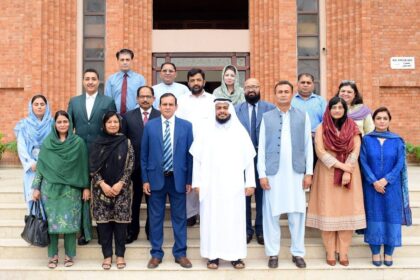Pakistan’s IT sector leaders and freelance professionals have urged the government to establish a dedicated regulatory cell aimed at supporting and monitoring the country’s digital economy. The proposal, presented during a high-level meeting chaired by Federal Minister for IT and Telecommunication Shaza Fatima, seeks to enhance the sector’s growth, promote digital exports, and streamline policy-making through improved oversight and data collection.
The meeting assembled top government officials, including the heads of the Federal Board of Revenue, the State Bank of Pakistan, and the Ministry of IT and Telecom, as well as representatives from leading IT organizations. Participants discussed the urgent need for tailored regulatory and structural support to nurture Pakistan’s expanding technology landscape.
A major recommendation was the creation of mechanisms to gather precise data on both registered software companies and the freelance workforce. Industry leaders stressed that comprehensive data on workforce size, services offered, export performance, tax contributions, and global market engagement would enable the government to develop more effective policies and measure progress accurately.
The freelance sector was highlighted as a key driver of digital growth in Pakistan. Stakeholders recommended systematic tracking of freelancers’ earnings, professional skills, service categories, certifications, and geographic spread. This data would help shape more inclusive and targeted support policies, particularly for those working outside major IT centers.
To further streamline financial monitoring, the group suggested that the State Bank of Pakistan update the R Form, which regulates foreign currency transactions, making it simpler and more compatible with modern digital business practices. An updated form would make cross-border earnings more transparent for both IT companies and freelancers, while reducing bureaucratic challenges.
The push for a specialized regulatory cell signals Pakistan’s growing commitment to strengthening its digital economy through improved governance and robust data-driven strategies. By enhancing regulation and ensuring accurate industry insights, the country aims to foster a more dynamic and competitive technology sector that meets local needs and attracts global business.











